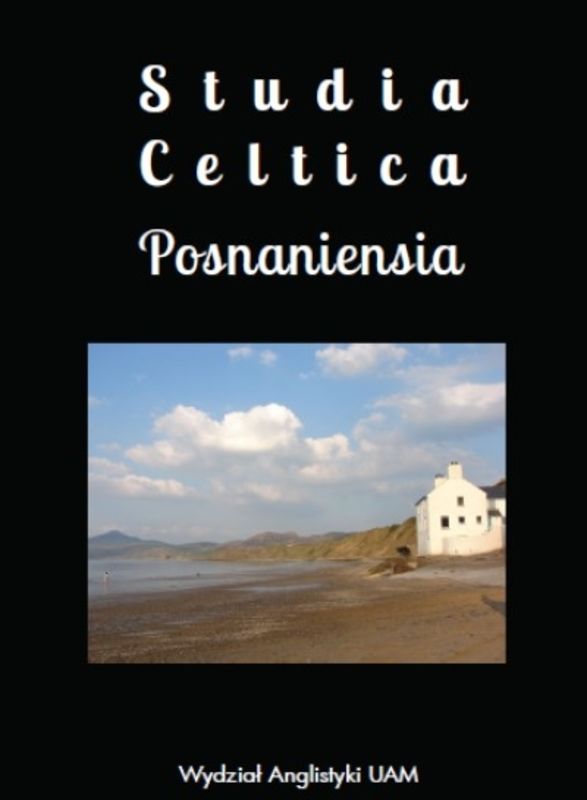What Happened to Primitive Cornish /I/ When Long in Closed Syllables?
What Happened to Primitive Cornish /I/ When Long in Closed Syllables?
Author(s): KEN GEORGESubject(s): Phonetics / Phonology, Historical Linguistics
Published by: Uniwersytet Adama Mickiewicza
Keywords: Cornish; front vowels; lexical diffusion;
Summary/Abstract: Of the four unrounded front vowels in Primitive Cornish, /i/, /ɛ/ and /a/ remained stable when long in closed syllables, but /ɪ/ had a tendency to fall together with /ɛ/. Jackson (1953) and Williams (1995) dated this change to the twelfth century, but the present research indicates that in most words, the change took place substantially later. An analysis of spellings and of rhymes show that not all words changed at the same time. Most stressed monosyllables in historical /-ɪz/ were pronounced [-ɪːz] in Middle Cornish and [-ɛːz] in Late Cornish. Those with historical /-ɪð/ and /-ɪθ/ were dimorphic in Middle Cornish (i.e. they were spelled with both <y~i> and <e>), showing the sound-change in progress during that time. The process of change from [ɪː] to [ɛː] was one of lexical diffusion. The implications for the revived language are briefly examined.
Journal: Studia Celtica Posnaniensia
- Issue Year: 2018
- Issue No: 3
- Page Range: 5-31
- Page Count: 27
- Language: English

